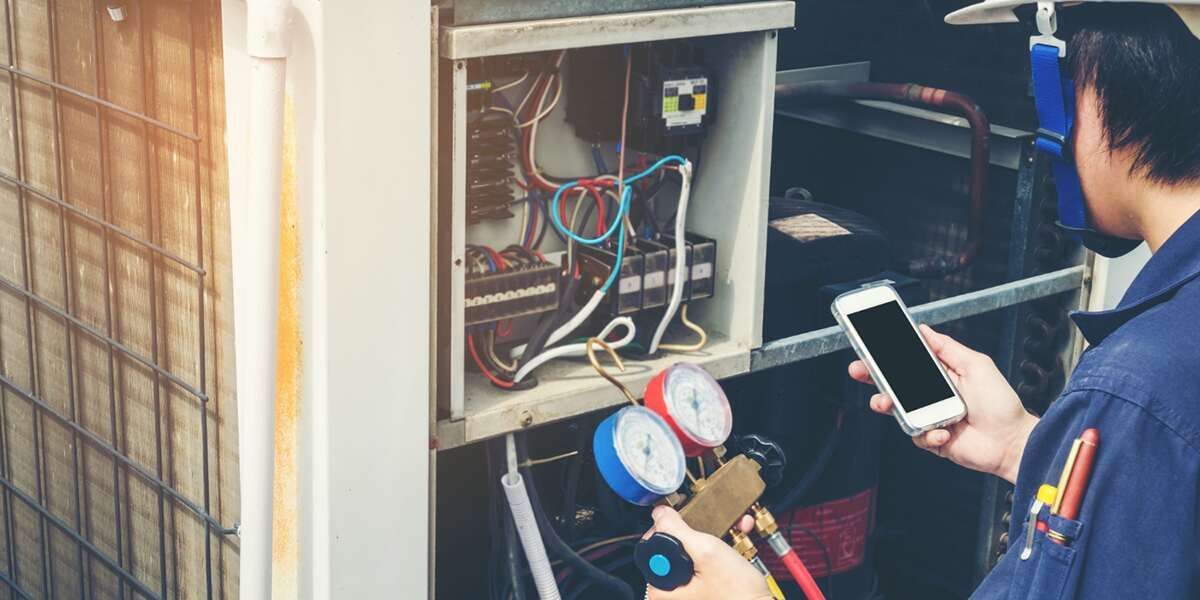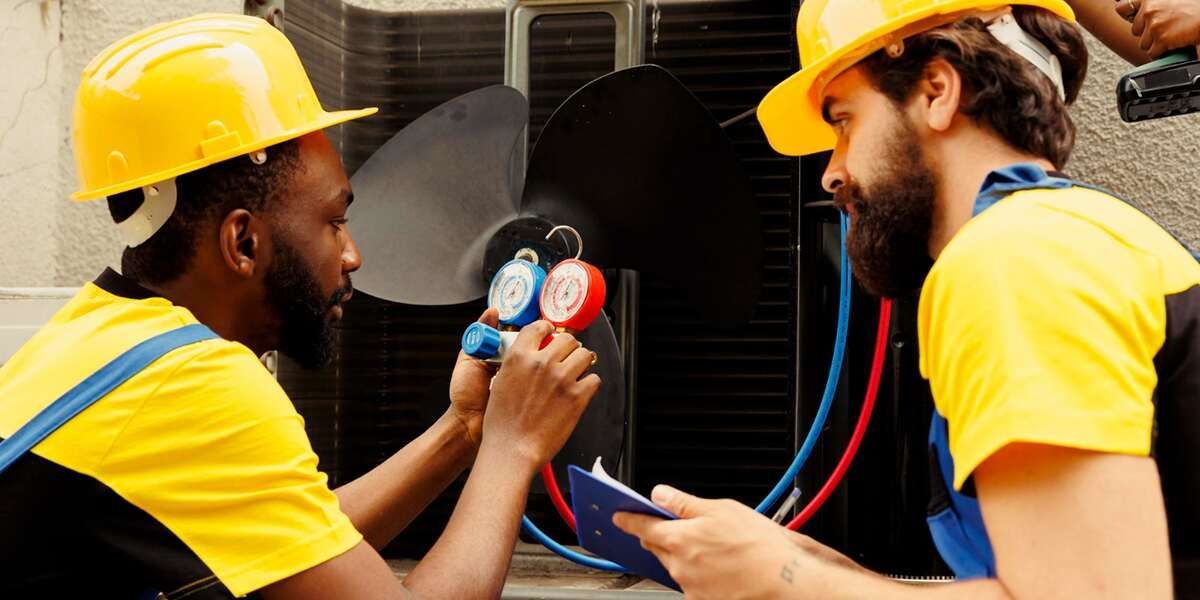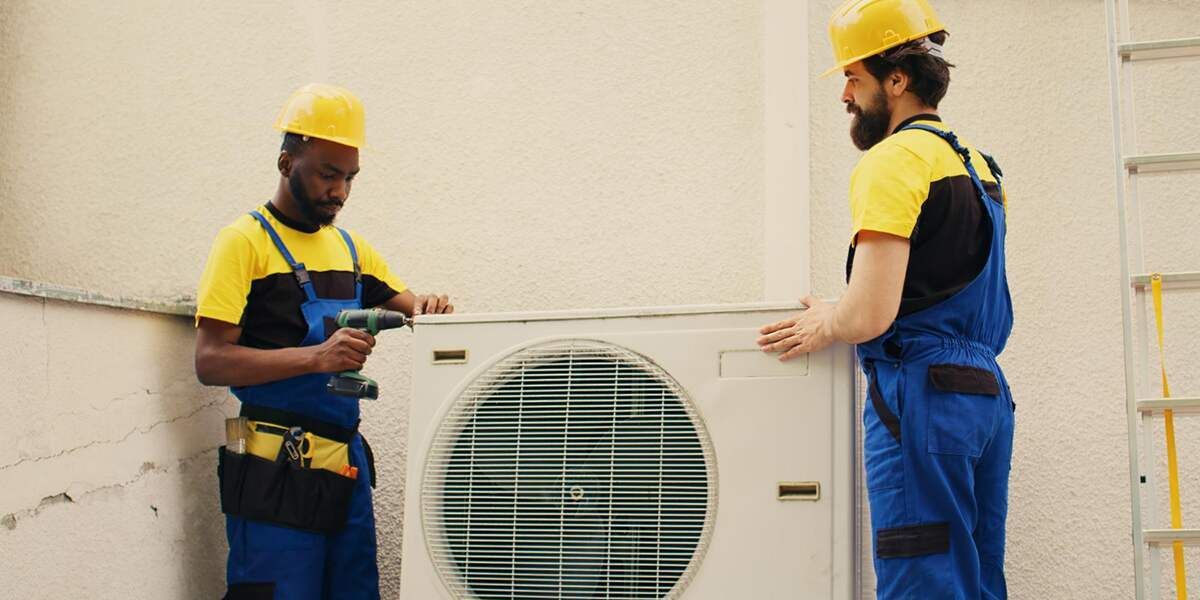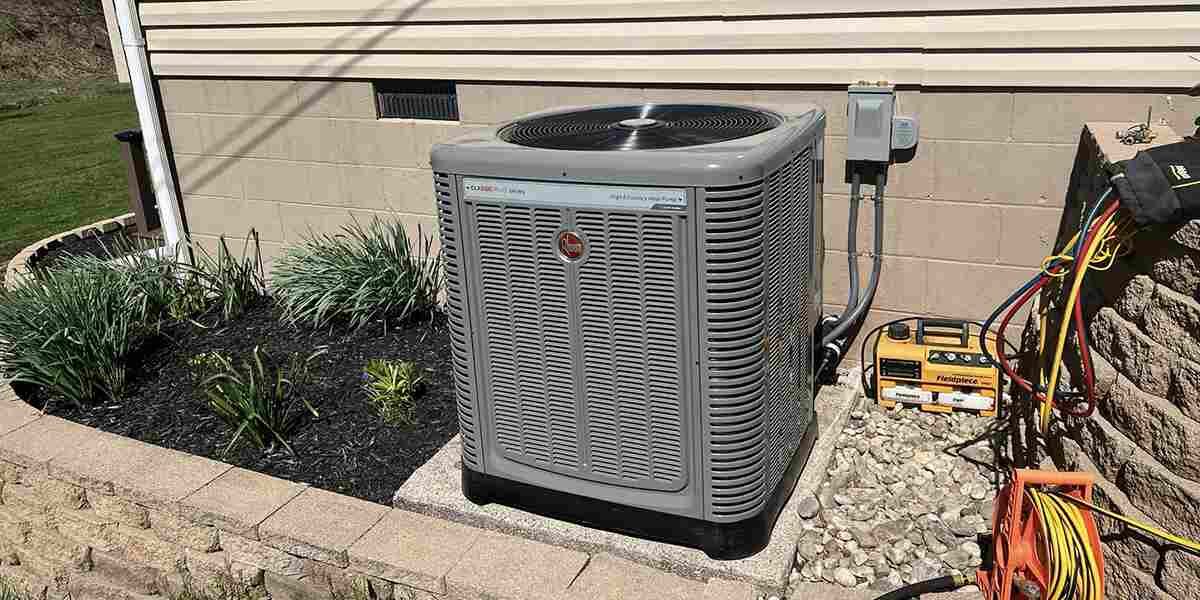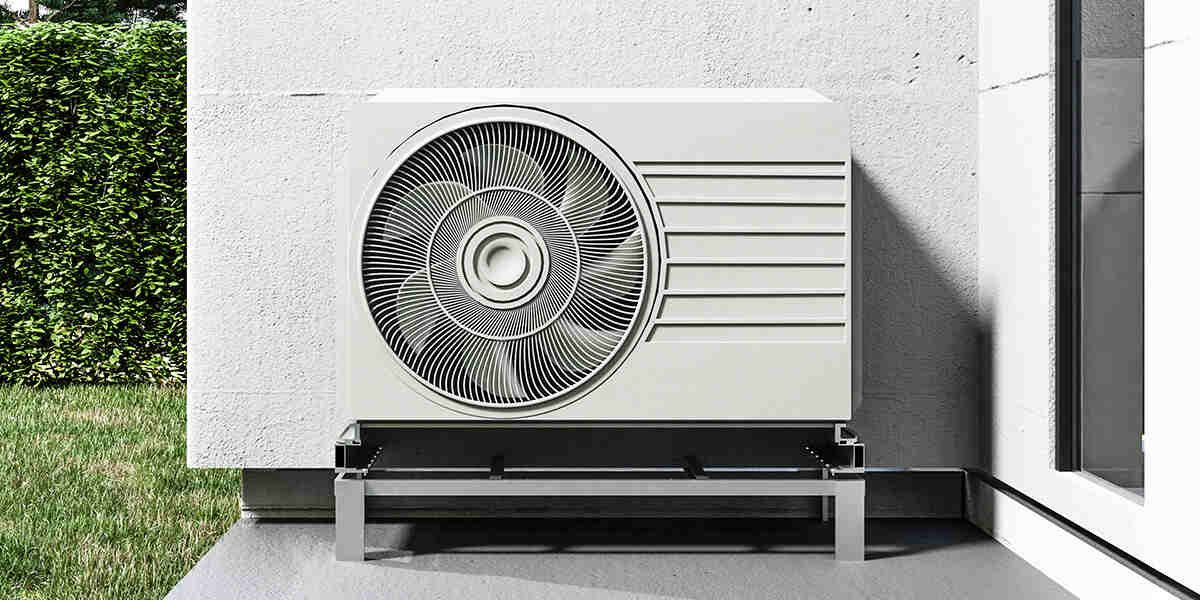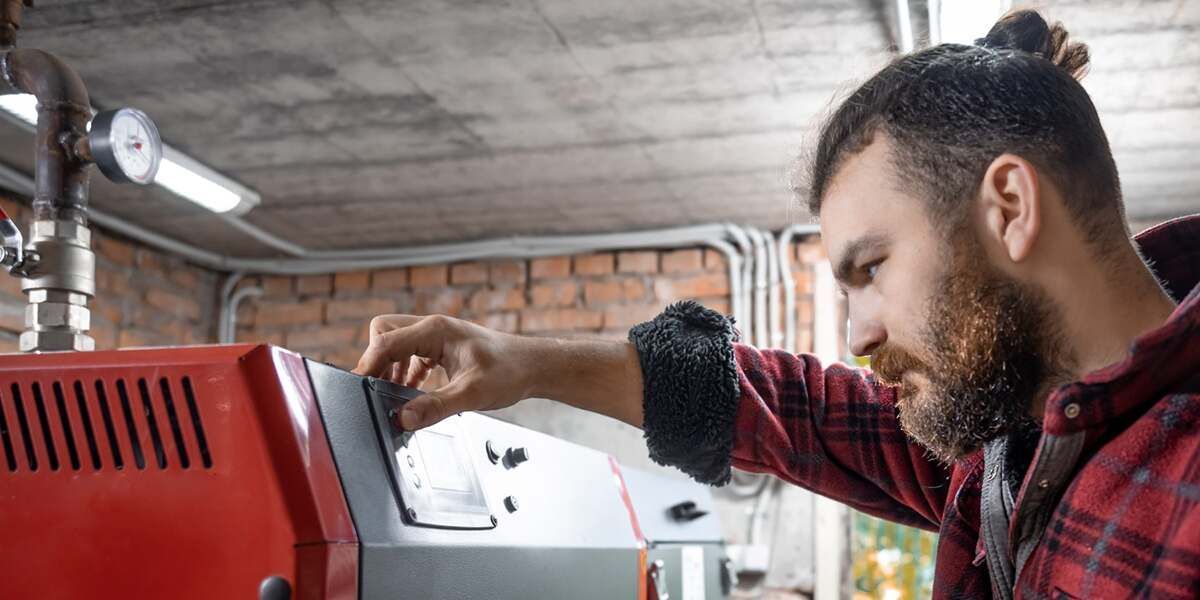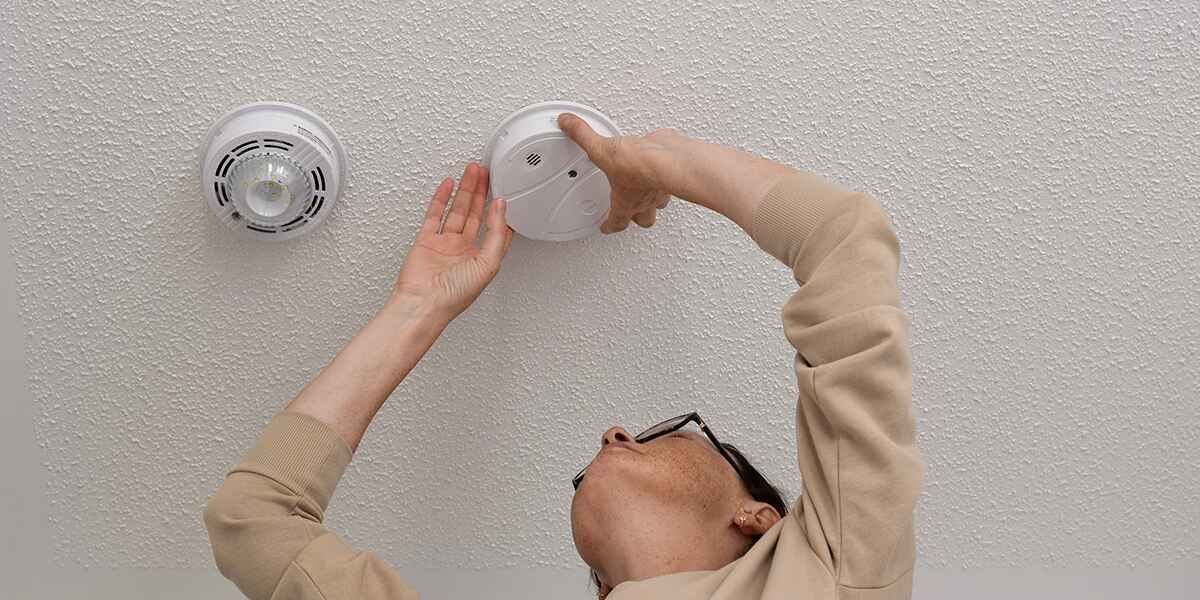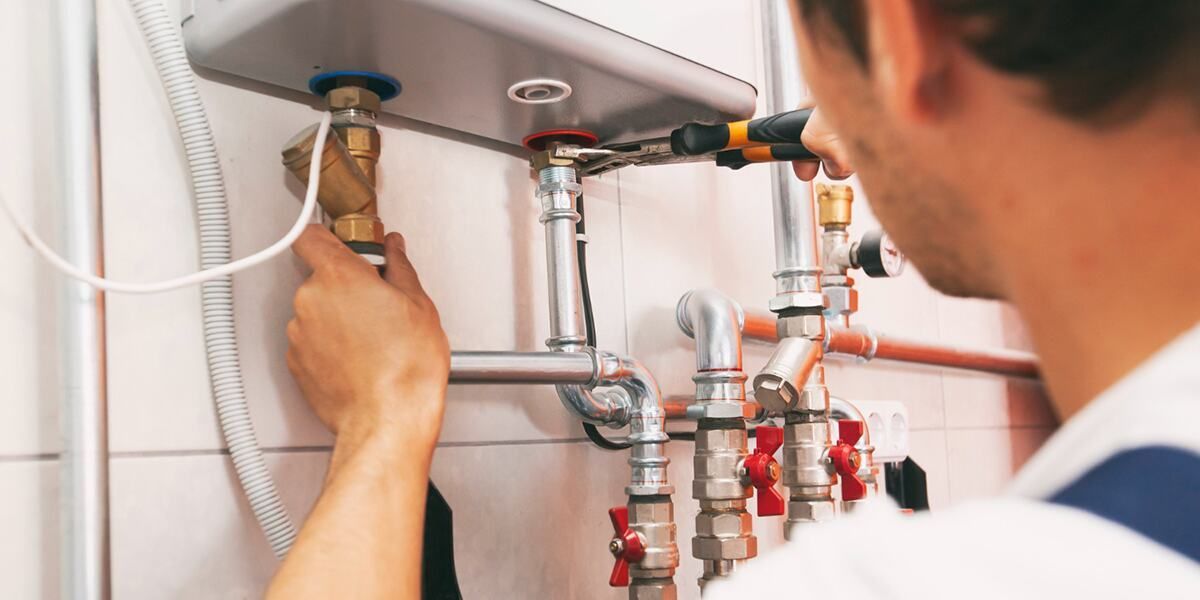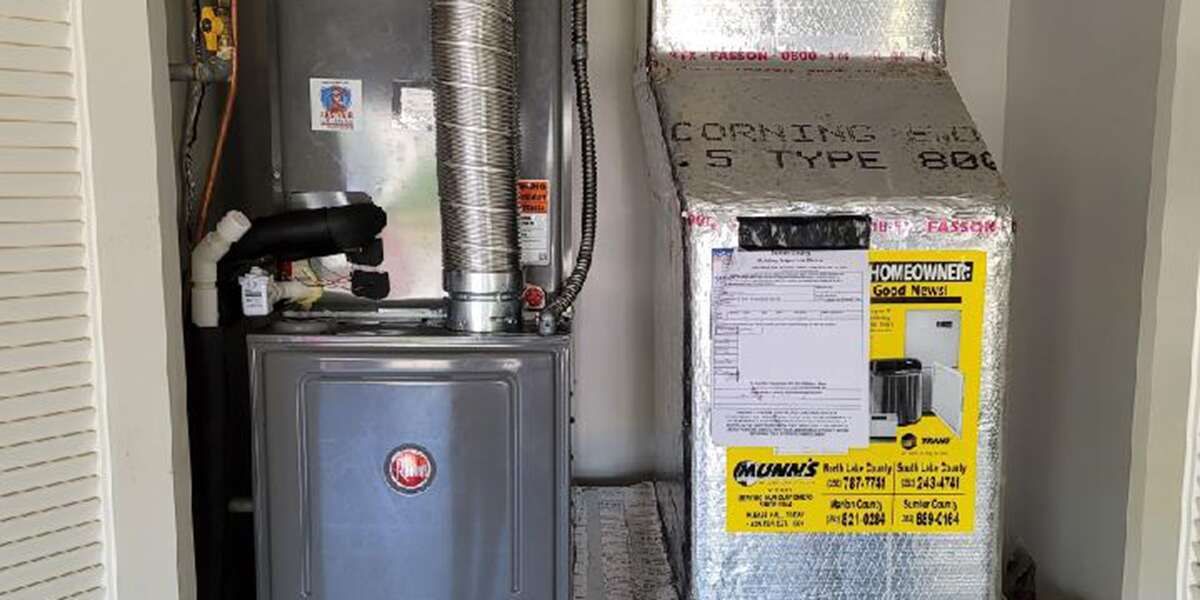EMERGENCY SERVICE AVAILABLE
How To Improve Indoor Air Quality in Your Home
What makes a household healthy from your perspective? Whole-food meals, regular exercise habits, and deep, restful sleep probably come to mind. While this list certainly contributes to household health, it leaves out one essential factor: indoor air quality.
Fast Air Repair’s experienced HVAC contractors in Ocala, Florida, know firsthand how poor air quality can affect you and your loved ones. Learning how to improve indoor air quality in your home can significantly improve other aspects of your well-being. We’ll share our expert tips on how to lessen indoor air pollution.
What Exactly Does Indoor Air Quality Mean?
Indoor air quality refers to the air’s cleanliness within an enclosed space. Although most people worry about how outdoor air will affect their health, IAQ impacts your health more. Think about it: you likely spend more time in your home than in an outdoor environment or other indoor spaces.
Sure, you commute to work, shop, and visit friends and family. However, most people sleep, eat, and relax in their humble abodes. Therefore, the quality of the air at home is more consequential than in any other location.
How Does Bad Indoor Air Quality Affect Your Family?
Poor IAQ’s health effects can range from mild symptoms you can easily ignore to persistent issues that threaten your quality of life. If you have a respiratory condition like asthma or a compromised immune system, you are more at risk. The Environmental Protection Agency lists some commonly known symptoms of bad IAQ, including:
- Headaches and migraines
- Inflamed mucous membranes in the eyes, nose, and throat
- Constant fatigue
- Dizziness
- Congested nasal cavities
These symptoms may worsen as you spend time at home and dissipate when you leave. Prolonged exposure can result in more devastating illnesses than a perpetual allergic reaction. You or a family member may eventually develop heart or respiratory conditions or cancer because of poor IAQ.
How To Improve Indoor Air Quality in Your Home
Fortunately, you can avoid each health risk and symptom associated with low IAQ by improving indoor air in your home. You can’t control the pollutants floating around in the grocery store, office, or outdoor spaces. You can take the reins by eliminating common indoor pollutants and making your air more breathable.
Adjust Your Regular Housekeeping Habits
First, develop some new cleaning habits to keep pollutants to a minimum. Your housekeeping preferences have a more significant impact than you might realize. Adjust your cleaning routine by:
- Sweeping or vacuuming daily: Does daily floor cleaning seem excessive? You’d be surprised by how much debris gets on your floor within a day! Invest in an automatic vacuum cleaner if this daily chore adds too much to your plate.
- Dusting weekly: Dusting all surfaces and belongings eliminates particles that would otherwise continuously circulate. Make time on your off day to wipe down furniture and vacuum the debris.
- Shaking your rugs out weekly: Rugs trap all kinds of dirt within their fibers. Take them outdoors during your weekly dusting excursions. Shake and leave them to air out for a few hours.
- Choosing healthier cleaning products: Many common cleaning products release volatile organic compounds into your breathing air. Switching to a more eco-friendly line not only helps the environment but also your health.
Deep Clean Twice Yearly
Dust collects everywhere. Learning how to improve indoor air quality in your home means tackling the unpleasant, dirty work every once in a while. Block out one or two days every six months to clean each room from top to bottom.
You’ll need a vacuum cleaner with an extended brush attachment, a microfiber duster that can reach difficult places, a microfiber cloth, and a bucket of warm water. Use the vacuum to access the ceiling and upper areas of each wall. It will suck up any dust caught on these structures.
Dust door thresholds, ceiling fan blades, and light fixtures with the long duster. If you can reach them, wipe these items down with a dampened cloth. Give any decorative trinkets, pictures, and wall hangings a once-over, too.
If you don’t have the time or energy to tackle this task alone, save up to hire professional cleaners to help. The assistance is often worth the investment.
Groom Your Pets
Your beloved furry friends are among the main causes of poor IAQ. They release dander and fine hairs daily. They can also bring dirt and other outdoor allergens inside. Improving air quality may mean adjusting your pet care.
If you own pets, keep the following tips in mind:
- Shedding season: Most dogs and cats shed their seasonal coats in the spring and fall. Brushing them outdoors keeps most of the loose hair out of your home. Scheduling professional grooming sessions at the tail-end of each season gets rid of the remaining allergens.
- Parasite treatment: Fleas and mites can impact your pets and family members. Fleas disturb your pet’s skin and release flea dirt, amping up the amount of inflammatory particles in the air. Apply vet-recommended treatments throughout spring, summer, and fall.
- Housekeeping: Daily sweeping is imperative if you own furry pets. They shed dead hair even outside of the shedding season.
- Regular grooming routines: Brush your animal’s fur regularly to keep it from circulating throughout your home. Your four-legged friend will appreciate the effort, too!
Let Some Fresh Air In
Most people worry too much about outdoor air quality. Outdoor air is often cleaner than indoor air since it doesn’t circulate in an enclosed space. Open your doors and windows when the weather permits it.
The air just after a heavy rainstorm is often the freshest. The moisture weighs down outdoor pollutants, preventing them from traveling as far. Plus, nothing smells better than the great outdoors post-rainstorm.
Purchase Filtering Appliances
What rooms do you spend the most time in? Using a portable air filter in those spaces can make the air more breathable in the most important spaces. Consider purchasing one for the areas listed below:
- The living room: Many families spend their evenings together in their living rooms.
- The bedroom: Improving air quality in your bedroom may also help you sleep better.
- Your home office: If you work from home, using a portable air filter could make all the difference.
- The dining room: Make delicious, home-cooked meals even better with fresher air.
You can also adjust your home’s air filtration by changing the HVAC filter at least once every three months. An HVAC technician can recommend the most effective MERV rating for your lifestyle.
Leave Your Shoes at the Door
An untold number of pollutants travel to your home via your shoes. Once you step foot indoors, you unknowingly leave a trail of particles in your wake. How can you combat this?
Reconsider your habits when entering and exiting the building. Place a rug and a shoe rack at your most-used entrance. When you come inside, wipe your feet first. Then, exchange your current shoes for a pair that stays indoors.
It might seem inconvenient at first. However, this practice relegates other pollutants from infiltrating your home. You’ll get the hang of it in no time.
Remember Annual HVAC Maintenance Services
Finally, prioritize professional HVAC maintenance each year. An HVAC technician eliminates many air quality concerns with one visit. The average maintenance service involves:
- Air filter changes
- Duct and vent cleaning
- System inspection and tune-up
- Outdoor unit cleanup
Call Fast Air Repair for Professional Indoor Air Solutions
Ready to learn more about how to improve indoor air quality in your home? Call 352-290-7968 if you’ve noticed signs of poor indoor air quality. Fast Air Repair has solutions for all Florida homes.
Contact us for Service
Footer - Website Lead
We will get back to you as soon as possible.
Please try again later.
For emergency service, to get a free quote, or if you have questions or special requests, just drop us a line. We Look forward to serving you!
Hours Of Operation
- Mon - Sun
- Open 24 Hours
Emergency Service Available
All Rights Reserved | Fast Air Repair



